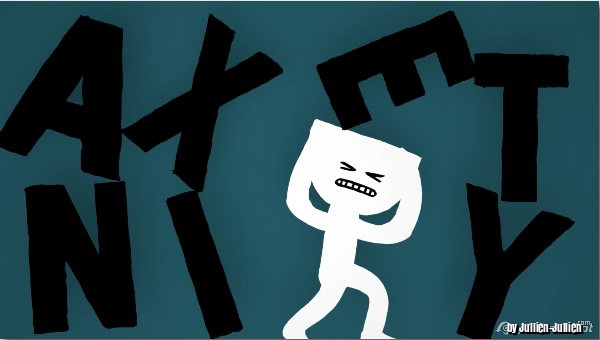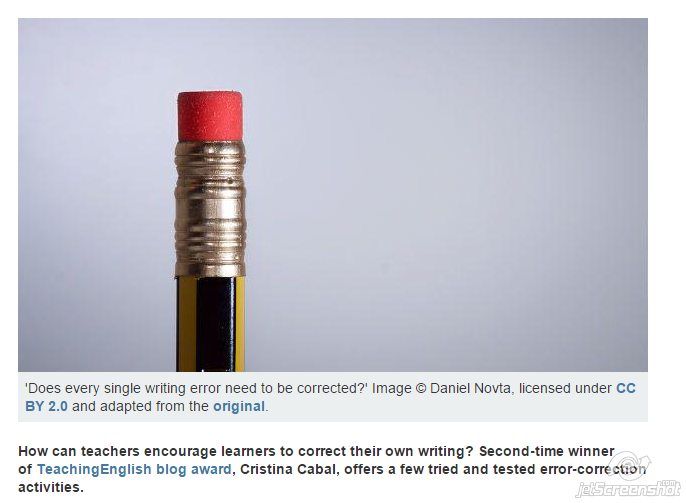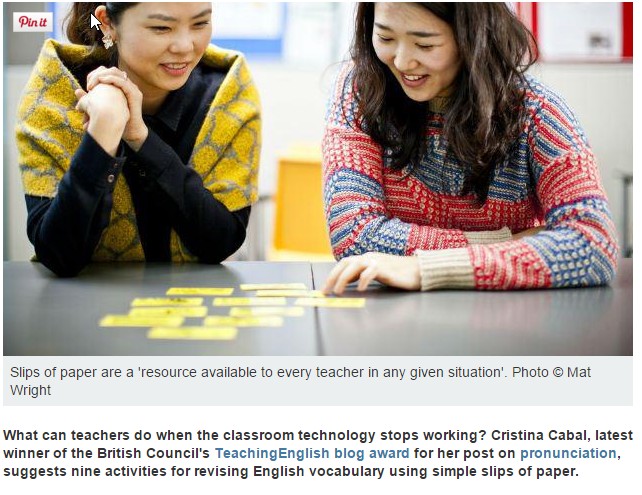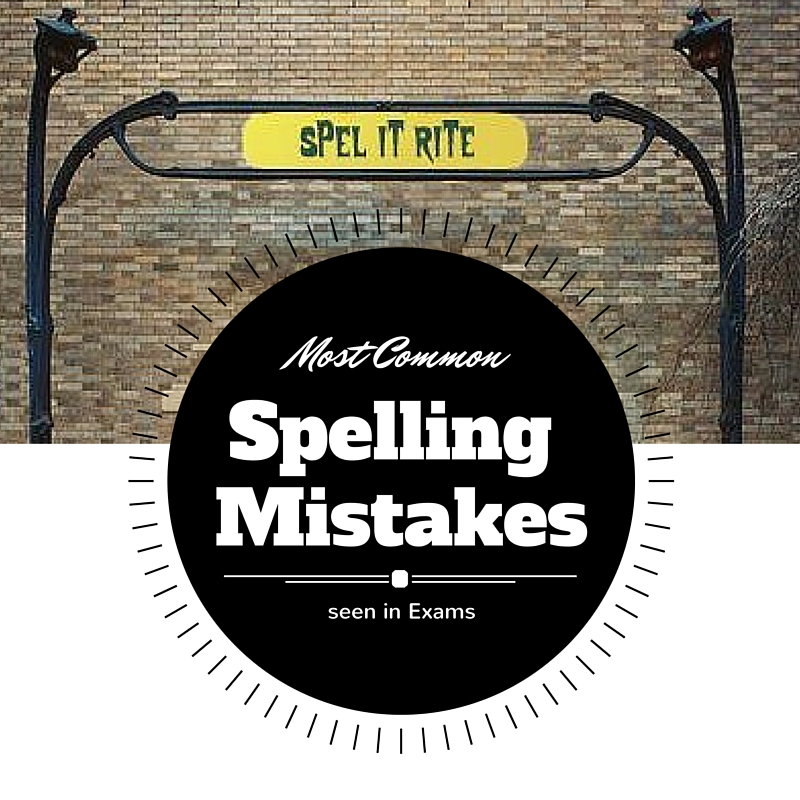Yes, I am doing this. I am publishing this post. And I am publishing this post even when I am well aware that it is going to stir up controversy.
How does she dare, I can almost hear you say, create a quiz about subject-verb agreement when she is not even a native speaker?
I might regret it, but the truth is that I sort of needed to clarify in my mind one of the most obscure points of grammar in the English language- namely that of subject-verb agreement-, because contrary to what one might think a singular subject in English does not always demand a singular verb, and what looks like a plural subject might not be so and take a singular verb instead. To top it all, when there is disagreement among grammarians, both singular and plural forms can be used.
To create this quiz, I have done a lot of research on the Internet and read what some noted grammarians have to say about this issue and I have found that they don’t always agree. For this reason, I have tried to avoid the most controversial subject-verb agreement issues.
Hope you find it useful!
Blog de Cristina is also on Facebook. Follow us






